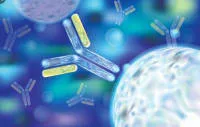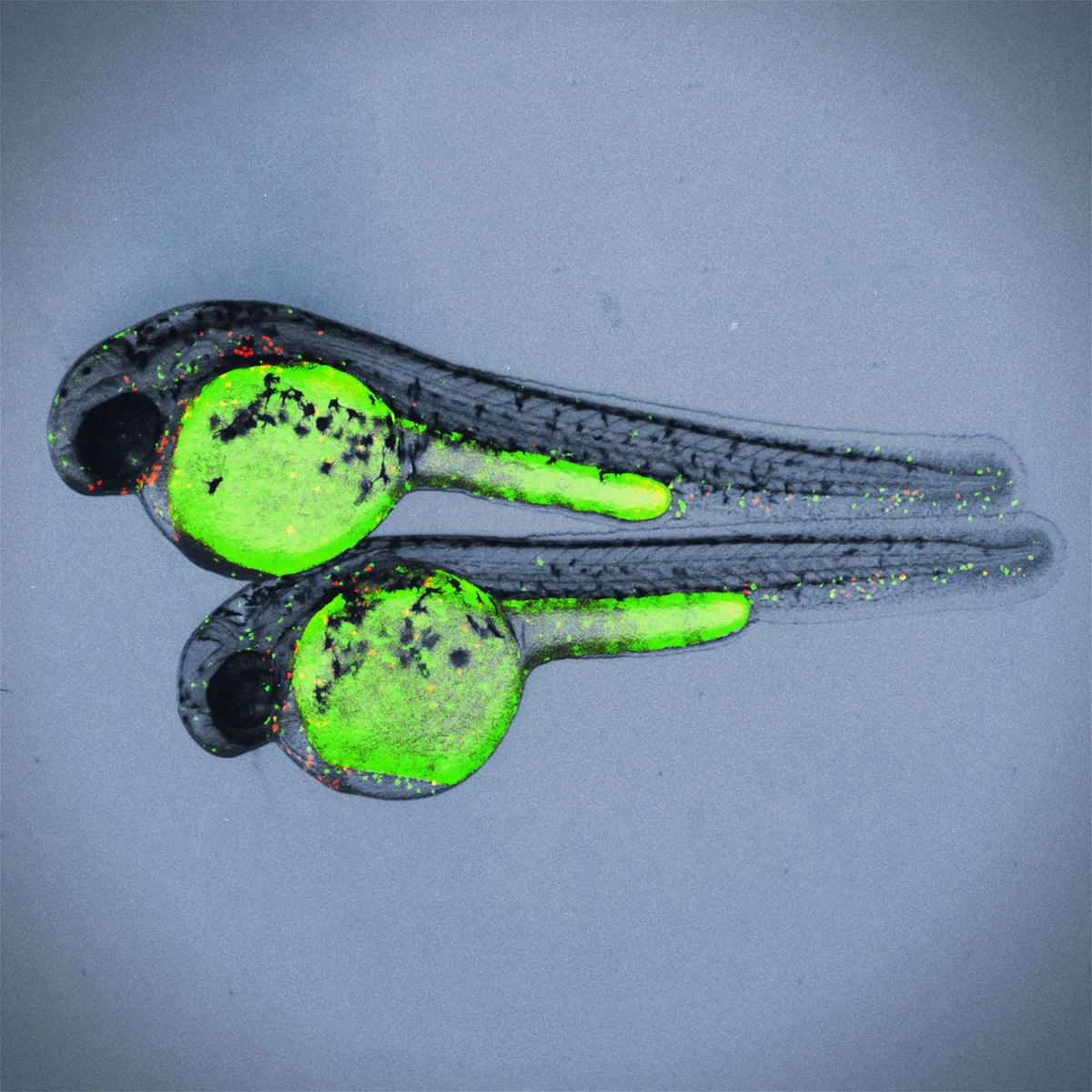
Fundamentals of Immunology: Innate Immunity and B-Cell Function 
This course from Rice University provides an introduction to the fundamentals of immunology, including innate immunity and B-cell function. Gain a comprehensive understanding of the immune system and its role in protecting the body. ▼
ADVERTISEMENT
Course Feature
![]() Cost:
Cost:
Free
![]() Provider:
Provider:
Coursera
![]() Certificate:
Certificate:
Paid Certification
![]() Language:
Language:
English
![]() Start Date:
Start Date:
Self Paced
Course Overview
❗The content presented here is sourced directly from Coursera platform. For comprehensive course details, including enrollment information, simply click on the 'Go to class' link on our website.
Updated in [March 06th, 2023]
Fundamentals of Immunology: Innate Immunity and B-Cell Function is an online course that provides learners with an introduction to the basic functions of the adaptive and innate immune systems. It covers topics such as the difference between adaptive and innate immune systems, the characteristics of various pathogens, the detailed structure of antibodies and related immunoglobulin receptors, the characteristics and function of the different antibody classes, and the mechanism for producing both the recognition regions and stem regions. Learners will gain an understanding of how these structures are coded for in the DNA and expressed in the B cells. Through animations, diagrams, drawings, photographs, and multiple choice questions, learners will gain a comprehensive understanding of the fundamentals of immunology and the role of innate immunity and B-cell function in the body's defense system.
[Applications]
Students who complete this course will have a better understanding of the fundamentals of immunology, including the innate and adaptive immune systems, the characteristics of various pathogens, and the overall strategies employed in protection. They will also have a better understanding of the detailed structure of antibodies and related immunoglobulin receptors, the characteristics and function of the different antibody classes, and the mechanism for producing both the recognition regions and stem regions. Finally, they will have a better understanding of how these structures are coded for in the DNA and expressed in the B cells. With this knowledge, students can apply their understanding to further research in immunology, as well as to their own health and well-being.
[Career Paths]
1. Immunology Research Scientist: Immunology research scientists are responsible for conducting research on the immune system and its components. They use a variety of techniques to study the structure and function of the immune system, and develop new treatments and therapies for diseases. Immunology research scientists must have a strong understanding of immunology, biochemistry, and molecular biology. They must also be able to interpret and analyze data, and communicate their findings to other scientists and the public. The demand for immunology research scientists is expected to grow as new treatments and therapies are developed.
2. Immunology Clinical Laboratory Scientist: Immunology clinical laboratory scientists are responsible for performing laboratory tests to diagnose and monitor diseases. They use a variety of techniques to analyze samples, such as flow cytometry, ELISA, and PCR. Immunology clinical laboratory scientists must have a strong understanding of immunology, biochemistry, and molecular biology. They must also be able to interpret and analyze data, and communicate their findings to other scientists and the public. The demand for immunology clinical laboratory scientists is expected to grow as new treatments and therapies are developed.
3. Immunology Educator: Immunology educators are responsible for teaching students about the immune system and its components. They use a variety of techniques to explain the structure and function of the immune system, and develop new treatments and therapies for diseases. Immunology educators must have a strong understanding of immunology, biochemistry, and molecular biology. They must also be able to interpret and analyze data, and communicate their findings to other scientists and the public. The demand for immunology educators is expected to grow as new treatments and therapies are developed.
4. Immunology Product Developer: Immunology product developers are responsible for developing products that use the immune system to diagnose and treat diseases. They use a variety of techniques to develop products, such as vaccines, antibodies, and cell therapies. Immunology product developers must have a strong understanding of immunology, biochemistry, and molecular biology. They must also be able to interpret and analyze data, and communicate their findings to other scientists and the public. The demand for immunology product developers is expected to grow as new treatments and therapies are developed.
[Education Paths]
1. Bachelor of Science in Immunology: A Bachelor of Science in Immunology is a four-year degree program that provides students with a comprehensive understanding of the immune system and its components. Students learn about the structure and function of the immune system, the role of antibodies and other immunoglobulins, and the mechanisms of immune response. They also gain an understanding of the development of vaccines and other treatments for diseases. This degree is becoming increasingly popular as the demand for immunologists grows.
2. Master of Science in Immunology: A Master of Science in Immunology is a two-year degree program that provides students with a more in-depth understanding of the immune system and its components. Students learn about the structure and function of the immune system, the role of antibodies and other immunoglobulins, and the mechanisms of immune response. They also gain an understanding of the development of vaccines and other treatments for diseases. This degree is becoming increasingly popular as the demand for immunologists grows.
3. Doctor of Philosophy in Immunology: A Doctor of Philosophy in Immunology is a four-year degree program that provides students with an advanced understanding of the immune system and its components. Students learn about the structure and function of the immune system, the role of antibodies and other immunoglobulins, and the mechanisms of immune response. They also gain an understanding of the development of vaccines and other treatments for diseases. This degree is becoming increasingly popular as the demand for immunologists grows.
4. Doctor of Medicine in Immunology: A Doctor of Medicine in Immunology is a four-year degree program that provides students with an advanced understanding of the immune system and its components. Students learn about the structure and function of the immune system, the role of antibodies and other immunoglobulins, and the mechanisms of immune response. They also gain an understanding of the development of vaccines and other treatments for diseases. This degree is becoming increasingly popular as the demand for immunologists grows.
Pros & Cons

1. Excellent instructor who is easy to understand and keeps learners engaged.

2. Provides in-depth knowledge and insights into immunology.

3. Well-designed course structure with step-by-step explanations.

4. Covers a wide range of topics, from organism level to molecular level.

5. Engaging lecture delivery and insightful demonstrations.

6. Quizzes focus on understanding and inference rather than regurgitation.

7. Open-book tests with opportunities for multiple attempts.

8. Questions in quizzes teach and enhance understanding.

1. Some learners find the teaching style and excessive use of certain terms/phrases frustrating.

2. Lack of visual aids and excessive use of whiteboard writing in some lectures.

3. Limited practical animation or application demonstrations.

4. Handout materials could be improved to be more practical.

5. Some quiz questions may be overly complicated for the given course duration.

6. Discussion forum lacks moderation and response to learner questions.
Course Provider

Provider Coursera's Stats at AZClass
Discussion and Reviews
0.0 (Based on 0 reviews)
Explore Similar Online Courses

Realistic Portrait with Graphite Pencil

Learn AJAX with jQuery

Python for Informatics: Exploring Information

Social Network Analysis

Introduction to Systematic Review and Meta-Analysis

The Analytics Edge

DCO042 - Python For Informatics

Causal Diagrams: Draw Your Assumptions Before Your Conclusions

Whole genome sequencing of bacterial genomes - tools and applications

Chemical Biology

Immunology Lecture 17 Complement System

Immunology Lecture 16 - Type IV Hypersensitivity Reactions
 Related Categories
Related Categories
 Popular Searches
Popular Searches
Quiz
 Submitted Sucessfully
Submitted Sucessfully
1. What is the main purpose of the Fundamentals of Immunology course?
2. What is the mechanism for producing both the recognition regions and stem regions of antibodies?
3. What type of pathogens does the immune system protect us from?
4. What is the purpose of the Fundamentals of Immunology course?
Correct Answer: To introduce students to the basic functions of the adaptive and innate immune systems.


Start your review of Fundamentals of Immunology: Innate Immunity and B-Cell Function